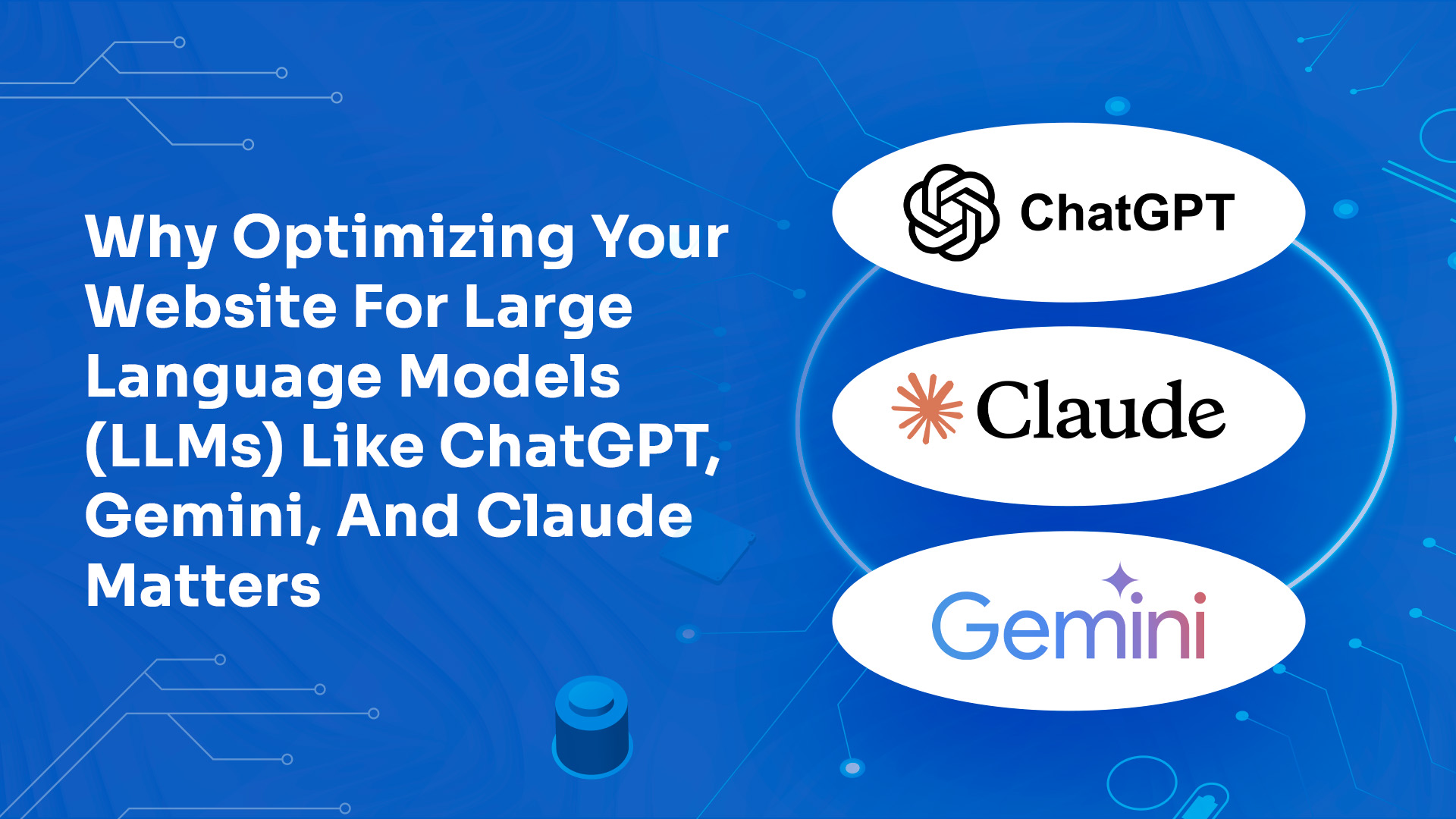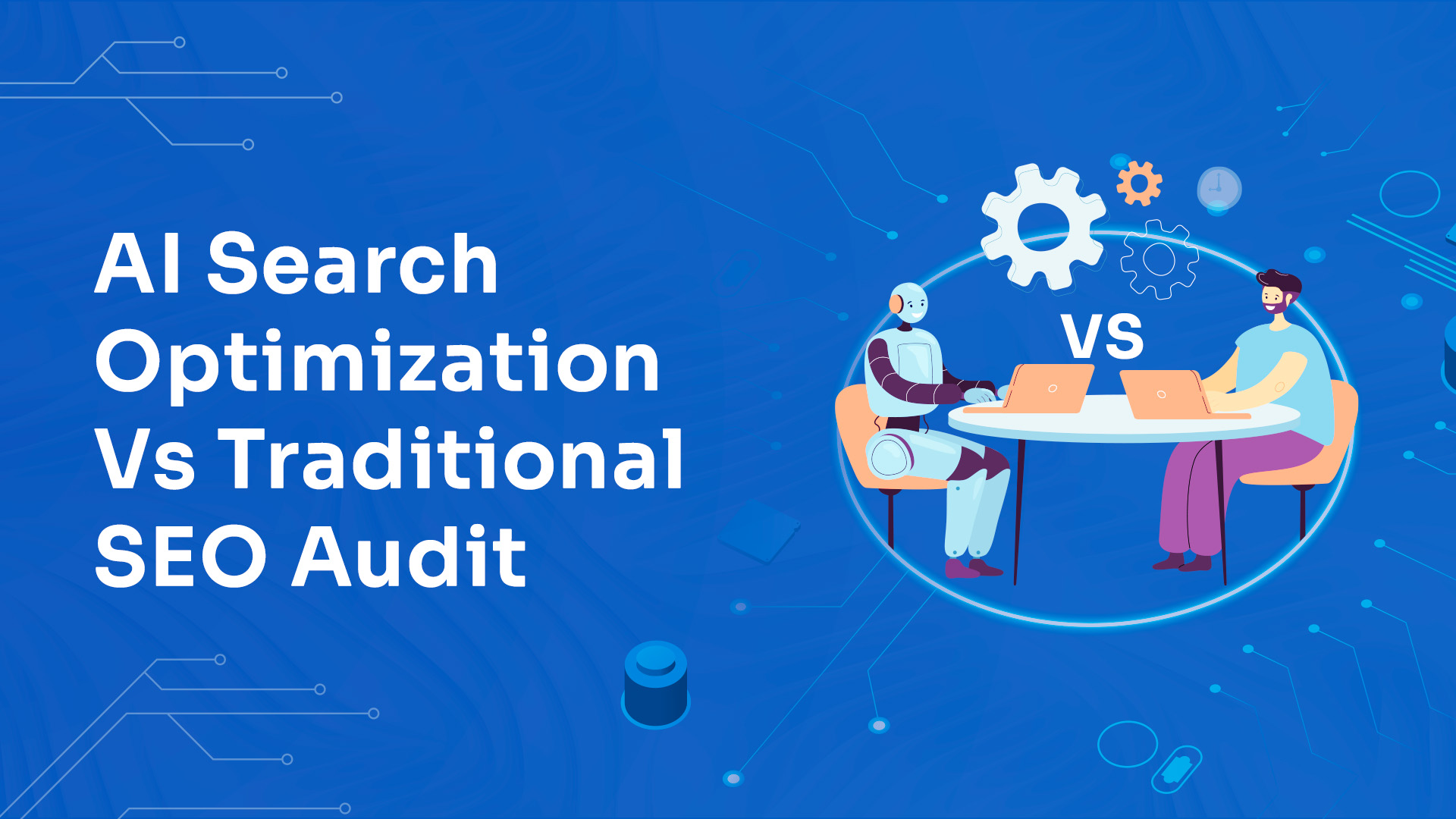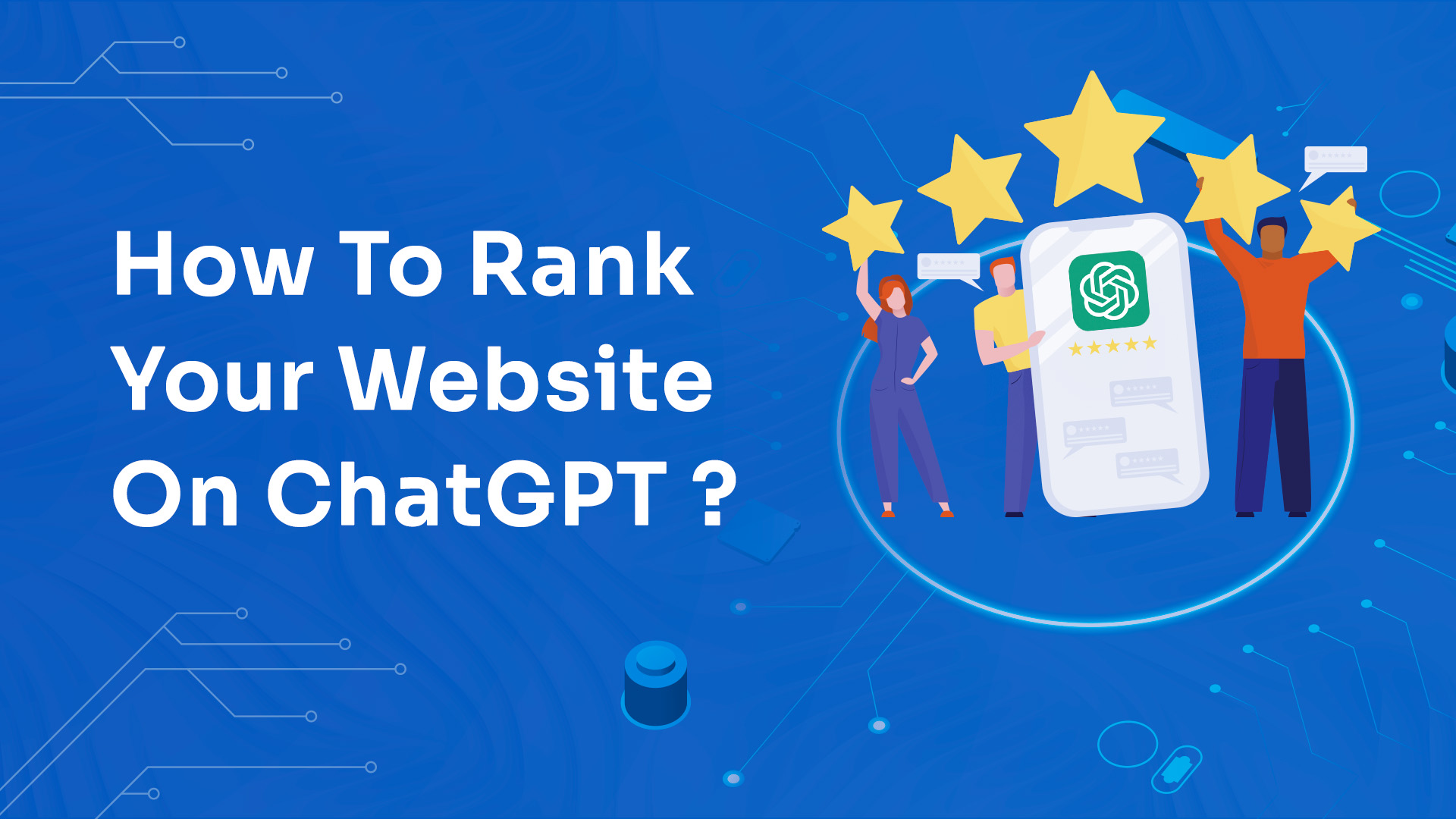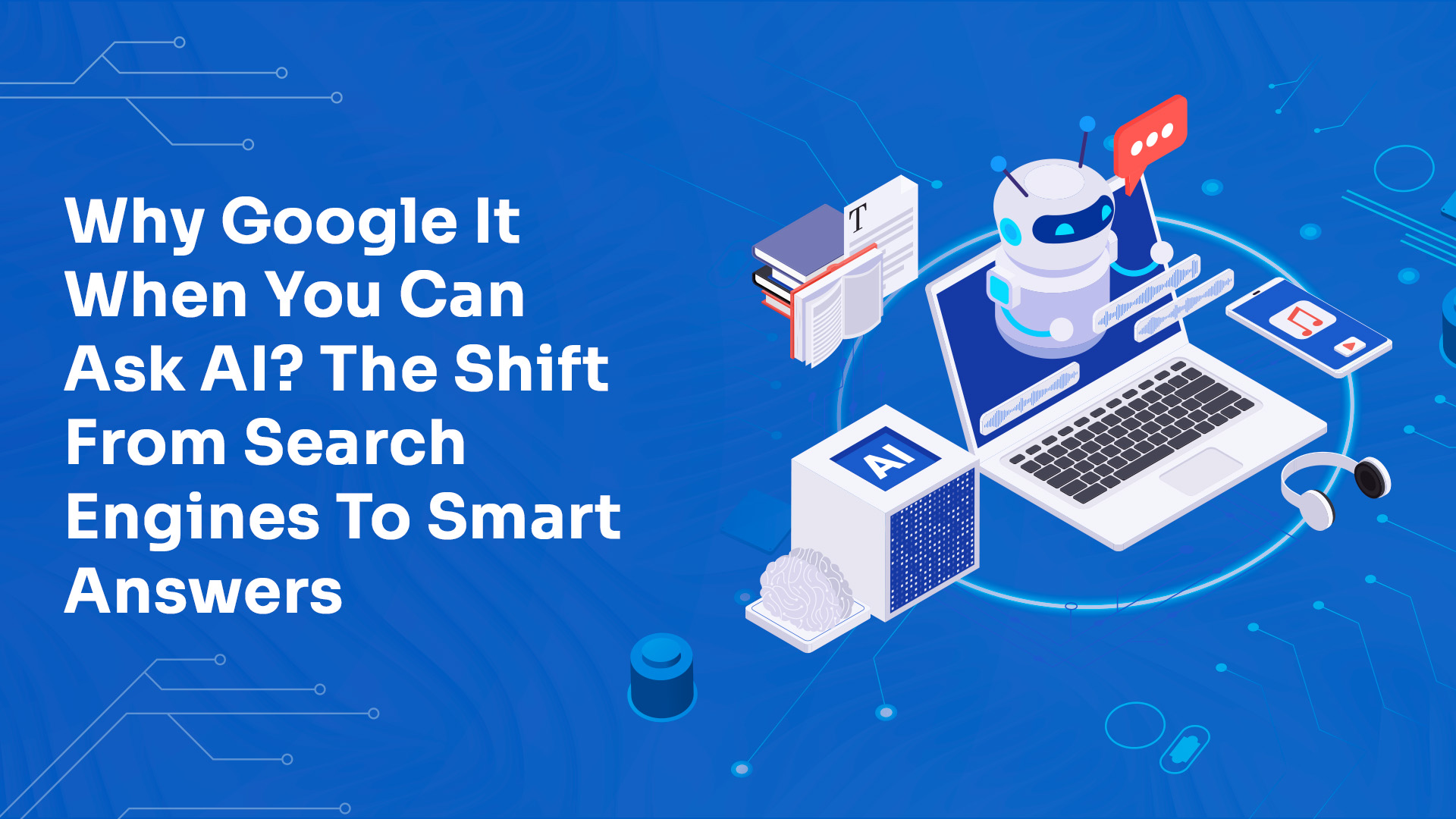
In today’s AI-driven digital landscape, Large Language Models (LLMs) like ChatGPT, Gemini, and Claude are reading your website — not just human visitors. These tools are changing how users discover and interact with content. Whether through AI-powered search, voice assistants, or smart summaries, LLMs are often the first “reader” of your content — and they influence what users ultimately see.
Why LLM Optimization Matters
- Enhanced Visibility and Traffic
LLMs pull content to answer user questions directly in chat interfaces and AI-enhanced search engines. Well-structured and clearly written sites are more likely to be cited or recommended by these systems, boosting your exposure. - Credibility and Authority
Citations from trusted AI tools signal your content’s credibility. Since these models prioritize well-structured, high-quality sources, proper optimization helps them recognize your content as authoritative and trustworthy. - Future-Proof SEO
Search is evolving. Traditional keyword-based SEO is merging with semantic understanding. LLMs look for meaning, clarity, and context — not just keywords. Structuring your content in a way that LLMs can parse and understand helps maintain relevance as search continues to shift. - User Experience through Summarization
Many users now interact with your content indirectly — via AI-generated summaries or excerpts. Clear, structured, and easy-to-parse sites are more likely to generate accurate summaries that drive clicks. - Competitive Advantage
Most websites are still optimized primarily for humans and traditional search engines. Optimizing for LLMs gives you a head start — making your content more discoverable and usable in the age of AI.

How to Optimize for LLMs
- Use clear, concise language.
- Structure content with proper headings and logical flow.
- Use schema markup and metadata.
- Prioritize original, well-researched, and authoritative content.
- Avoid excessive jargon or fluff that confuses machine comprehension.
Final Thoughts
The way people access and trust information is changing — and LLMs are leading that change. By optimizing your site for them, you help LLMs see, understand, and trust your content in a world increasingly shaped by artificial intelligence.
Frequently Asked Questions (FAQ)
1. What does it mean to optimize a website for LLMs like ChatGPT and Gemini?
Optimizing for LLMs means structuring and writing your website content in a way that AI models can easily understand, summarize, and cite. This includes using clear language, proper headings, schema markup, and authoritative sources.
2. Why is LLM optimization different from traditional SEO?
Traditional SEO focuses on keywords and backlinks, while LLM optimization prioritizes semantic clarity, context, and content structure. LLMs extract meaning, not just match keywords, making clean formatting and clarity more important than ever.
3. How do LLMs like ChatGPT find or read my website?
LLMs either use training data or real-time browsing tools to read websites. Tools like Perplexity and Google’s AI Overviews actively pull live content, while others rely on previously crawled data.
4. Will optimizing for LLMs improve my traffic?
Yes. Well-optimized content is more likely to appear in AI-powered responses, summaries, and smart search results — leading to higher visibility, authority, and referral traffic.
5. Can LLMs cite or link back to my website?
Many AI tools (like Perplexity, Bing AI, and Google SGE) do cite sources and link back to websites. Optimizing your site improves your chances of being selected as a trusted source.
6. Do I need to completely change my existing SEO strategy?
Not at all. LLM optimization complements your current SEO efforts. By enhancing structure, clarity, and depth, you improve your site’s performance across both traditional and AI-driven platforms.
7. What types of content benefit most from LLM optimization?
Informational articles, guides, FAQs, how-tos, and long-form content benefit greatly. These are often used in AI summaries and answer generation — especially if they’re well-structured and authoritative.
8. How do I know if my site is LLM-optimized?
You can use tools like llmaudit.ai to test if your site is structured and readable for AI models. Look for clear headings, consistent formatting, schema usage, and natural language writing.
9. What is schema markup, and why does it matter for LLMs?
Schema markup is code that helps search engines and LLMs understand the structure of your content. It helps AI models identify FAQs, articles, reviews, and more — increasing your chance of being featured in AI answers.
10. Is LLM optimization only important for tech websites?
No. Any website — from blogs and eCommerce to healthcare or finance — can benefit. As AI assistants become more common, users across all industries will rely on their answers, making LLM optimization essential for all online content.


